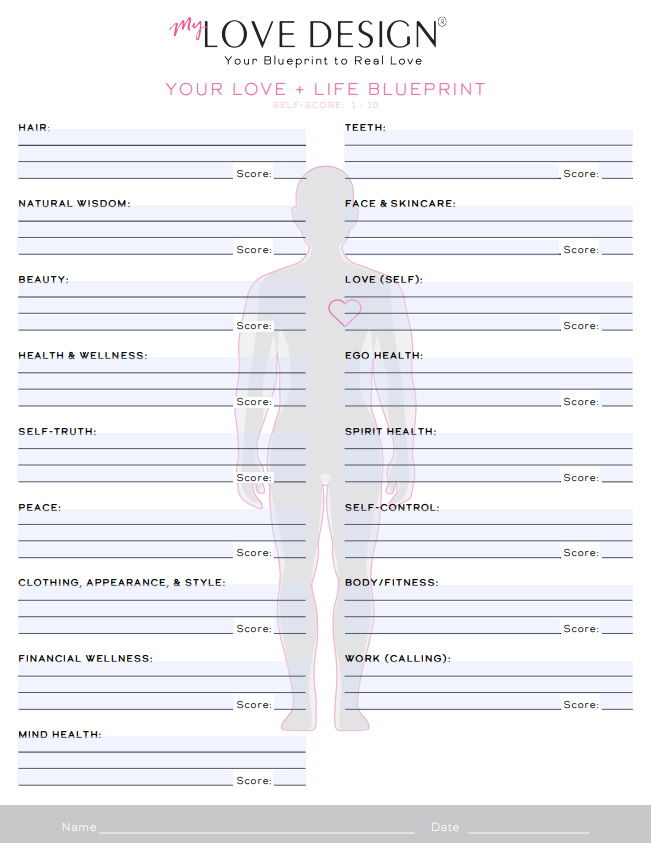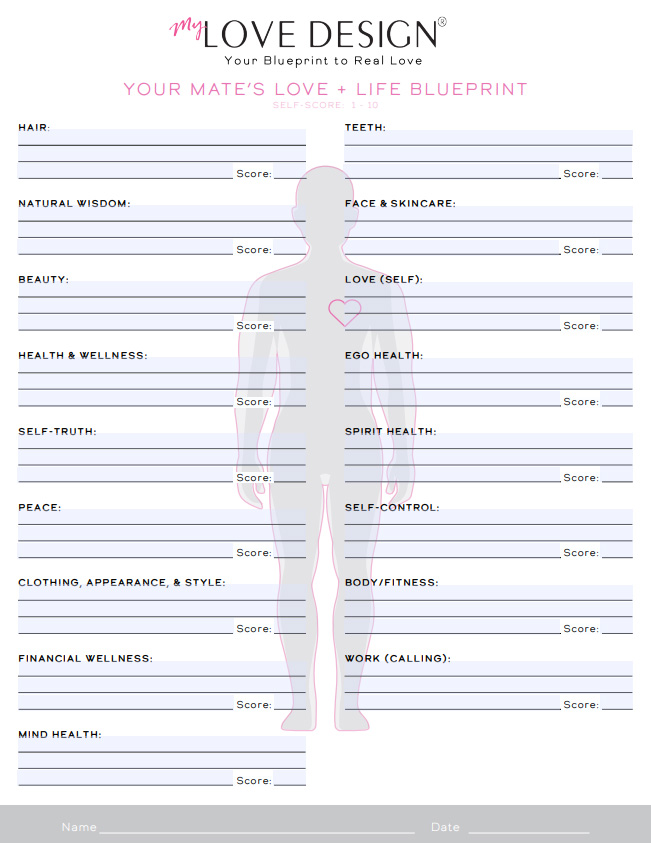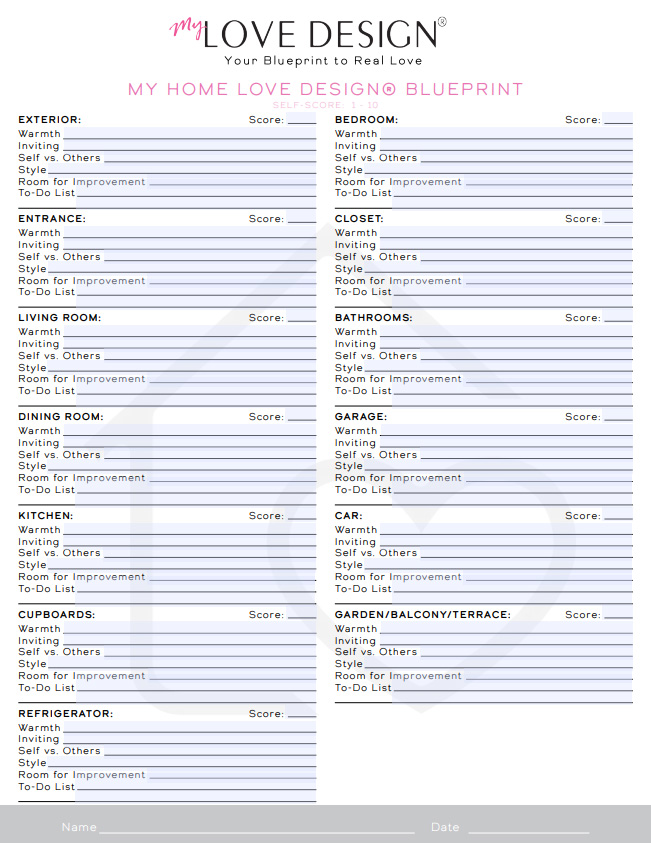
Your Love + Life Blueprint®️
Now that you’ve taken the Real Reveal Test on the home page, and discovered your own personal Mate type (Ego, Life, Soul), revealing to yourself where you are at currently when it comes to love and what you are looking for in a relationship, you get to design the blueprint for your new LOVE HOUSE™. Each blueprint is the springboard to launch you into the life and relationship God has for you by creating a beautiful space for thought, peace, healing, protection, safety, and growth.
Remember: It is important how we build! Matthew 7:24-27 tells us, “Anyone who listens to my teaching and follows it is wise, like a person who builds a house on solid rock. Though the rain comes in torrents and the floodwaters rise and the winds beat against that house, it won’t collapse because it is built on bedrock. But anyone who hears my teaching and doesn’t obey it is foolish, like a person who builds a house on sand. When the rains and floods come and the winds beat against that house, it will collapse with a mighty crash.”
At this point, know that everything you say and do as well as everything around you is rooted in love and truth or the flesh, thus making the framework created by building your LOVE HOUSE™ absolutely essential. These blueprints capture your Christ-centered vision and your intention, and help guide you on your way toward being love in this world!
Let’s keep building!
- Your Love + Life Blueprint®

- Your Mate's Love + Life Blueprint®

- Your Home Love Design® Blueprint®

Step 2 Homework
(Members Only)
Lesson 1: Download your custom Blueprints®
Lesson 2: Your personal in-depth blueprint homework
Lesson 3: Your desired Mate’s in-depth blueprint homework
Lesson 4: Your Home/Office in-depth blueprint homework
Lesson 5: Pay close attention
Lesson 6: Find a trusted confidante
Lesson 7: Have fun and notice the changes already occurring
Please remember…
Download your custom Love + Life Blueprints® here. The Blueprints are convenient fillable PDF’s, which you may also print and fill out if you prefer. To ensure that your responses are recorded, be sure to save the PDF’s to your computer or handheld device before and after completing them.
Pay close attention to what you have learned thus far (from God’s deepest sense of truth) to each area of your blueprints, when filling in each category.
Iron sharpens iron! Find a trusted confidante who is a true brother or sister in Christ, who can act as an accountability buddy throughout your Love Design blueprint process. Share your responses with them, to affirm additional accuracy and self-awareness. For a fuller examination with expert support, you are welcome to book a session with founder Kailen Rosenberg and/or one of our Global Love Team® experts to work through your individual blueprints together (sessions can be booked directly on each Global Expert portal*).
*Additional fees apply
Have fun and notice the changes already occurring in and around you as you continue to pour the foundation of your LOVE HOUSE™ based on your custom blueprints.
Your love life is not the place to take shortcuts, if you do, it shows up sideways through unhappy and unfulfilling relationships, which is what you are here to change! Therefore, be mindful and compassionate as you attend each training based on each specific area of your LOVE HOUSE™ build (see schedule at Upcoming Events). Not only are these private on and offline events fun, insightful, and ideal for meeting Christ-minded people similar to yourself, but they will also help guide you to build a better life, and experience God’s Mate for you!
Expert Recommendations
Scandalous Grace flows from the author’s half dozen years of teaching the Old Testament to college students. You might think that would produce a book about judgment – but he shows how every character, every event, every single page of the Old Testament bleeds grace. Rather than looking for heroes to emulate – readers discover a gracious God who loves to redeem the unredeemable.
Joyce Meyer’s Masterclass has helped millions of people find hope and restoration through Jesus Christ. Her candid communication style allows her to share openly and practically about her experiences, and helps others understand how to apply biblical principles to their own lives. This materclass is a great tool to have in your pocket when bulding your Love House!
Financial Peace by Dave Ramsey
This course includes all of Dave’s knowledge and expertise on Super Saving, Relating with Money, Cash Flow Planning, Dumping Debt, Buyer Beware, The Great Misunderstanding, Retirement and College Planning, Real Estate and Mortgages, The Role of Insurance, and Dave’s Story. His world renowned course has helped millions on the course of financial freedom and can do the same for you!





